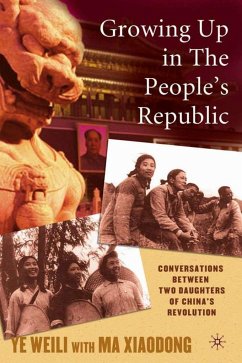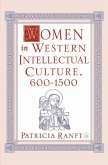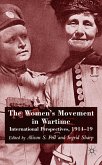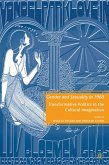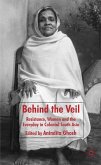In a conversational style and in chronological sequence, Ye Weili and Ma Xiaodong recount their earlier lives in China from the 1950s to the 1980s, a particularly eventful period that included the catastrophic Cultural Revolution. Using their own stories as two case studies, they examine the making of a significant yet barely understood generation in recent Chinese history. They also reflect upon the mixed legacy of the early decades of the People's Republic of China (PRC). In doing so, the book strives for a balance between critical scrutiny of a complex era and the sweeping rejection of that era that recent victim literature embraces. Ultimately Ye and Ma intend to reconnect themselves to a piece of land and a period of history that have given them a sense of who they are. Their stories contain intertwining layers of personal, generational, and historical experiences. Unlike other memoirs that were written soon after the events of the Cultural Revolution, Ye and Ma's narrativeshave been put together some twenty years later, allowing for more critical distance. The passage of time has allowed them to consider important issues that other accounts omit, such as the impact of gender during this period of radical change in Chinese women's lives.
"This oral history of China's revolution brings to life women's experiences in the context of larger upheavals. Personal, compelling, and conversational, the book gives Western readers a glimpse into the daily life of two girls who became Red Guards. Each looks back with a clear, honest gaze at the atrocities and hopes that were the hallmark of Mao's China." - Vera Schwarc, Freeman Professor History and East Asian Studies, Wesleyan University "By casting her historical narrative in the form of an extended dialogue between two Chinese women born into the world of communist privilege, Ye Weili gives her readers a new way to understand the Cultural Revolution as a coming-of-age experience. The result is an absorbing and deftly original book." - Jonathan Spence, Yale University

